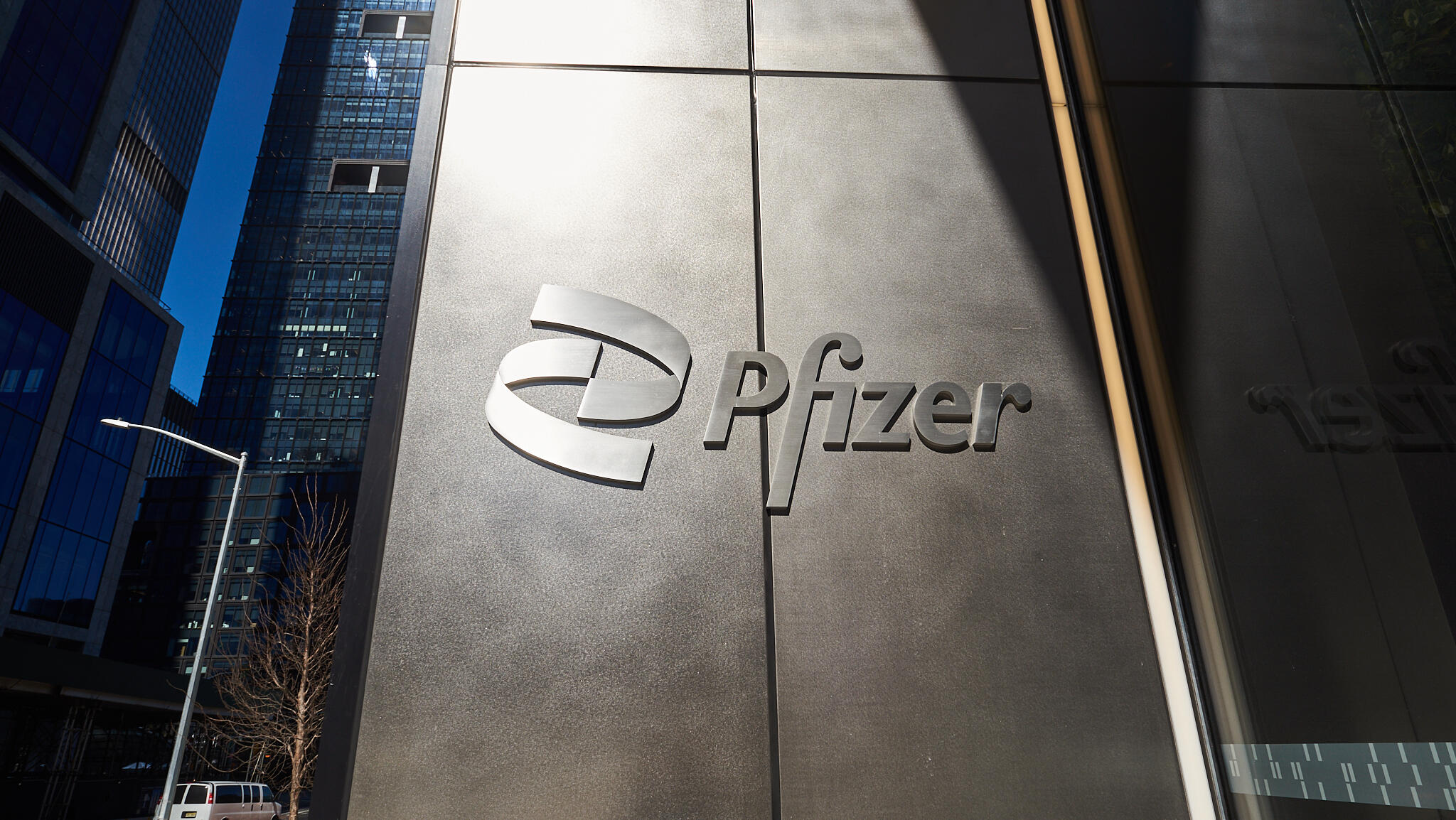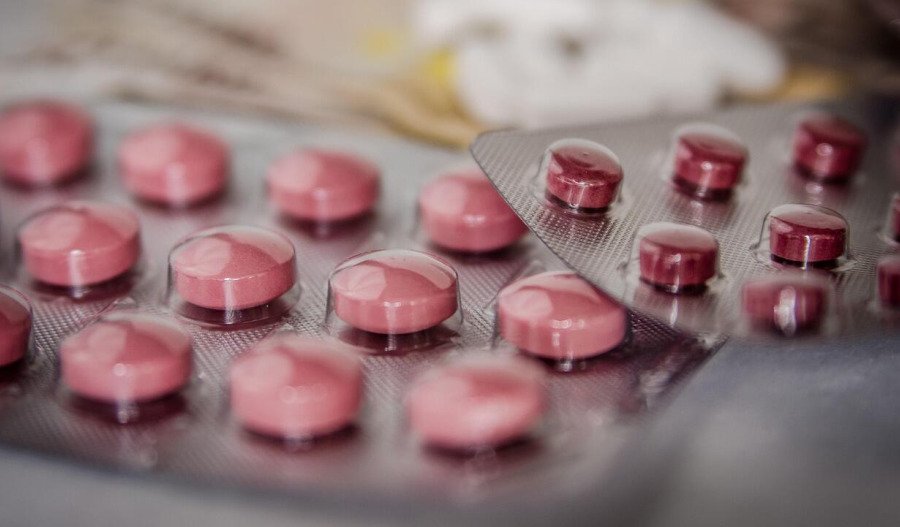United States President Donald Trump announced an effort to lower drug costs in America through the creation of a “TrumpRx” direct-to-consumer website.
This will be done through a partnership with Pfizer, making prescription drugs in the Medicaid program for low-income Americans cheaper.
“The United States is done subsidising the health care of the rest of the world,” Trump said at a news conference.
“By taking this bold step, we’re ending the era of global price gouging at the expense of American families.”
Pfizer has now become the first drug company to voluntarily agree to all the terms of Trump’s 31 July letter that was sent out to 17 major pharmaceutical companies.
The letter was sent due to Trump’s discontent with Americans paying far more for medications than people in peer countries. This led to Trump reviving his “Most Favored Nation” prices effort in May.
The direct purchasing platform, TrumpRx, will allow American patients to purchase medications at a significantly reduced price.
A large majority of the company’s primary care treatments and some select specialty brands will be available through the site at savings as high as 85% and on average 50%.
“By working closely with the Administration, we are lowering costs for patients and enabling greater investment in the U.S. biopharmaceutical ecosystem by ending the days when American families alone carried the global burden of paying for innovation,” Pfizer chairman and CEO, Alberta Bourla said in a statement.
“This is about putting all patients first and ensuring America remains the world’s leading engine of medical breakthroughs.”
Pfizer has also agreed to a three-year grace period where its products under a Section 232 investigation won’t face tariffs, provided it invests more into U.S manufacturing.
The company has committed an additional US$70 billion to U.S. research, development and capital projects over the next few years, building upon its more than US$83 billion investment in American biotech innovation from 2018-2024.
The TrumpRx will not go live until early 2026 and will not sell or distribute medications, according to a senior administrator. Consumers will instead be able to search for their medications and will be redirected to the manufacturer’s direct-to-consumer channels.



